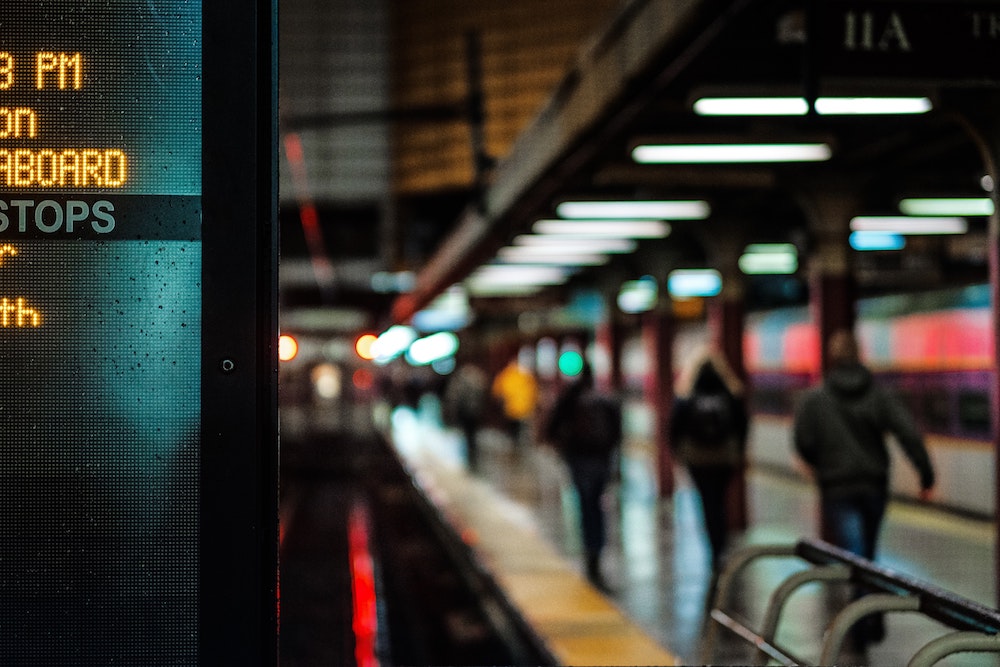Today our creative prompt comes from Callum G’Froerer, an Australian trumpet player and composer based in Melbourne. In this prompt video, you’ll notice Callum is holding an unusual instrument – a double bell trumpet.
What we’re making today
Callum’s prompt is an opportunity for us to take inspiration from poetry. He’s selected five Australian poems for you to choose from, and has asked us to create a musical response to one of these works. You can download the poems here.
Poetry and music have a long shared history. The Poetry Foundation writes that “the first lyric poets in ancient Greece performed their work to the accompaniment of the lyre, and the oldest anthology of Chinese poetry, the Shijing, was a collection of songs.” Both of these art forms are particularly good at capturing particular moods or creating an atmosphere, and many composers write songs or pieces based on their favourite poems.
How will we begin to make our response? Callum suggests the following ideas could be good starting points:
- take inspiration from the mood or atmosphere
- choose one small element or phrase to expand upon
- look at the rhythm or shape of the poem, and try to capture this in your performance
- try speaking single words or lines from the poem in your piece
Your response today can be composed or improvised, and should be 1-3 minutes long. Please make sure your name is in the title of your sound or video file so we know who to credit!
Callum G’Froerer
Callum G’Froerer (1988) is an Australian trumpet player and composer based in Melbourne, active in various improvised and notated musical settings. Present and past projects include: The Sculpted Trumpet, an internationally-touring recital of new electro-acoustic works for double-bell trumpet; founding member of contemporary chamber ensemble Smallroom; early and contemporary brass music with Brass Commons; sleep concerts and 24-hour livestream performances with the improvising ensemble Phonetic Orchestra.
He has performed widely internationally and has performed world and national premieres of works by Ann Cleare, Cat Hope, Karlheinz Stockhausen, Liza Lim, James Rushford, Laure Hiendl, Luciano Berio, and Alice Humphries. G’Froerer was long-listed for the 2014 Freedman Jazz Fellowship, and the 2015 Freedman Classical Fellowship. His long-term composition project ‘Charcoals’ spans electro-acoustic works, field recordings, performance pieces, and acoustic chamber music – all performance/site-specific.
G’Froerer was a prize-winner at the 2011 and 2015 Stockhausen Courses in Kürten, Germany for his performances of ARIES and HARMONIEN. Ensembles and artists he has performed with include: ELISION Ensemble, Ensemblekollektiv Berlin, Australian Chamber Orchestra, Australian Art Orchestra, Sydney Chamber Opera, Ensemble Offspring. Festival performances include: Bendigo Festival for Exploratory Music, Huddersfield Festival for Contemporary Music, Serralves em Festa (Porto), Soft Soft Loud @ Fremantle Arts Centre, Perth Festival, Port Fairy Spring Music Festival, Wangaratta Jazz Festival, and Sydney Festival.
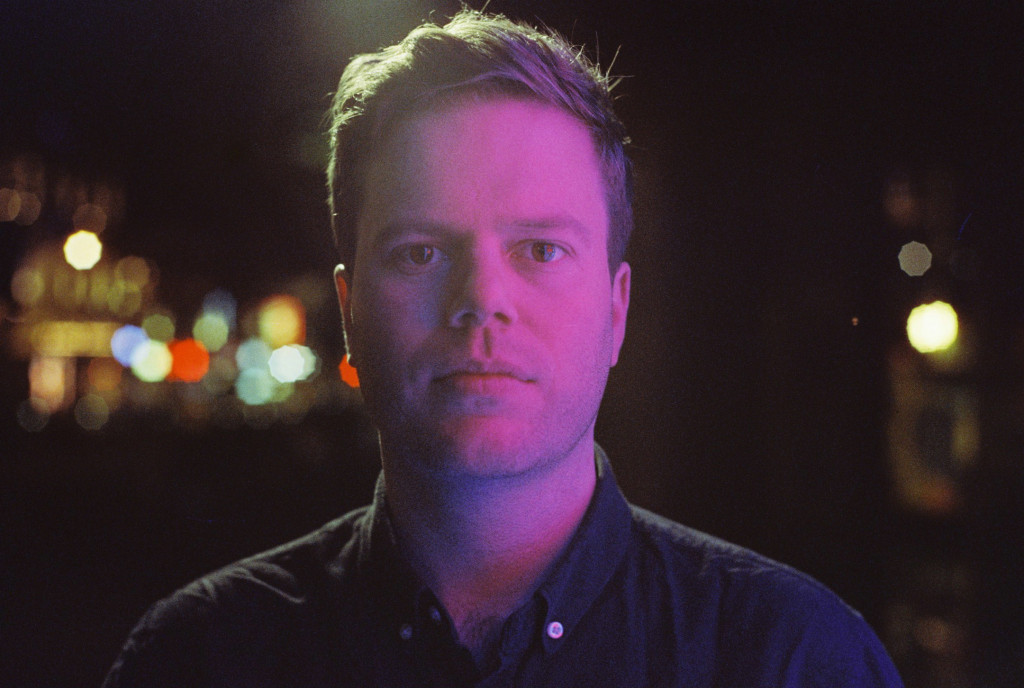
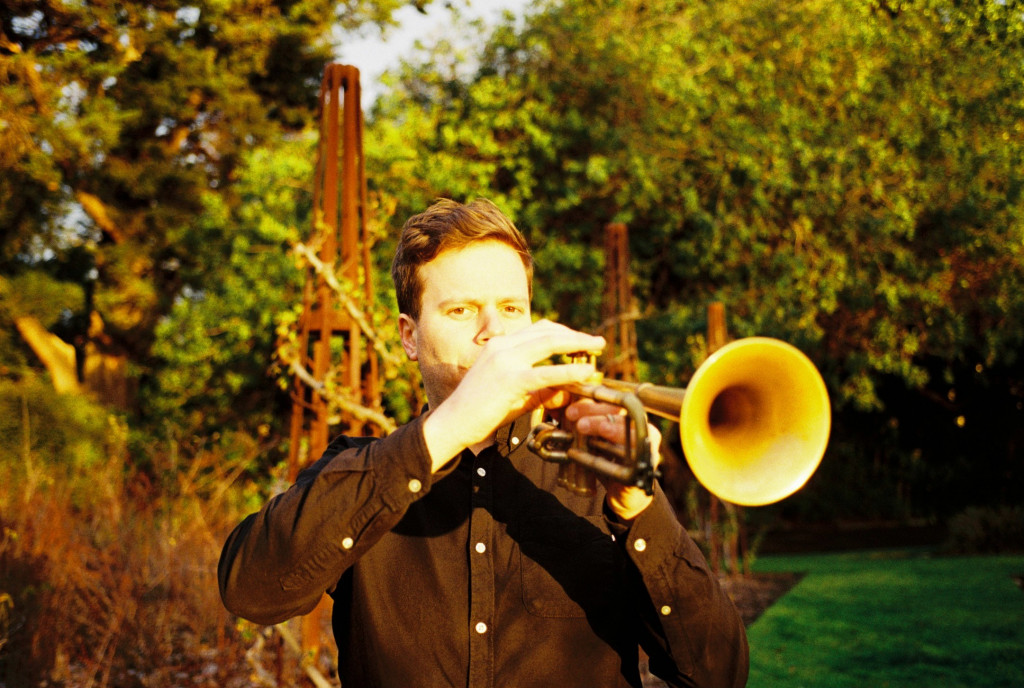
Extra Credit
One popular technique musicians and composers use to translate words into sounds is the idea of ‘word painting’. This is when we try to match our sounds very literally to the words of the song, poem or story.
A line about ‘climbing the stairs’ might match with playing up a scale, so the notes get higher as we climb. A line about feeling happy might mean we’ll use a major scale, while a line about feeling lonely might mean we’ll use a minor scale. Here are a couple of ideas about word painting for each of the five poems Callum has chosen.
City Poem – Phillipa Garrard
- “we follow concrete steps”:
Can you create the sound of footsteps with your instrument – or perhaps even with your feet while playing? - “the push of twilight”:
There’s an interesting contrast in this line, between the idea of pushing (a forceful action) and twilight (a gentle glow). Could we create something interesting by playing with forceful and gentle sounds? - “slide over the bay”:
What kind of sliding sounds can you make on your instrument? (A glissando? Sweeping your hands over a surface? Something else?)
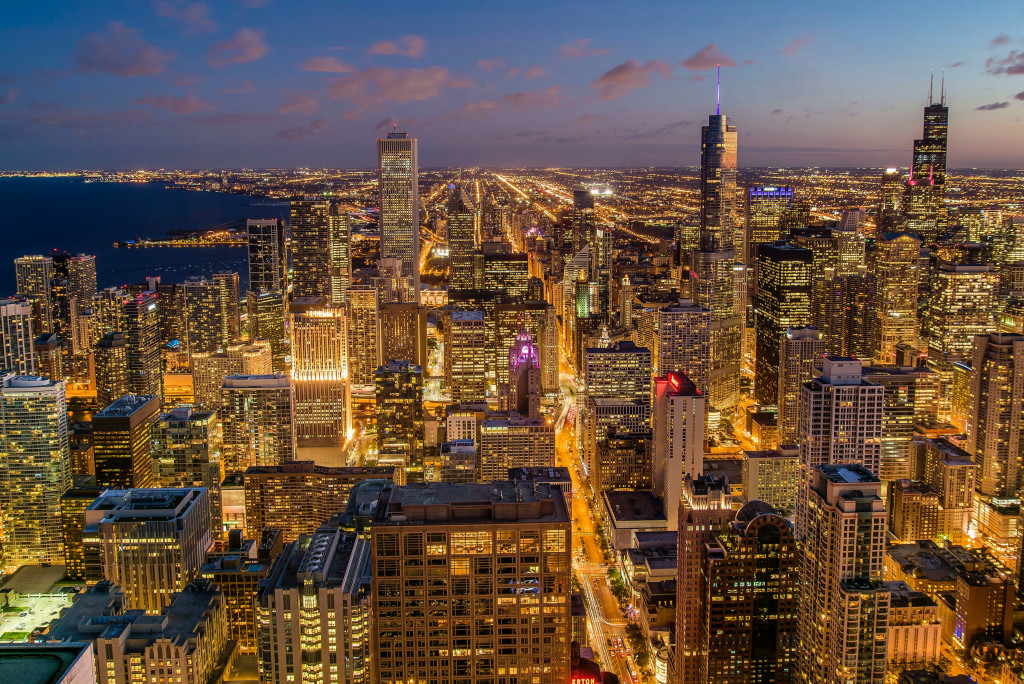
Black Cockatoos – Judith Wright
- “long drought-winds sandpaper-harsh”:
What kind of wind sounds can you create on your instruments? Percussionists might like to try playing with actual sandpaper for this section. - “the first far flash… the first thunder”:
This poem’s second stanza is evoking a storm. Can your create a sound of rain or thunder on your instrument? - “crying the world’s unrest”:
Here we could try to mimic the sound of the black cockatoo’s call – have a listen here if you’d like to try!
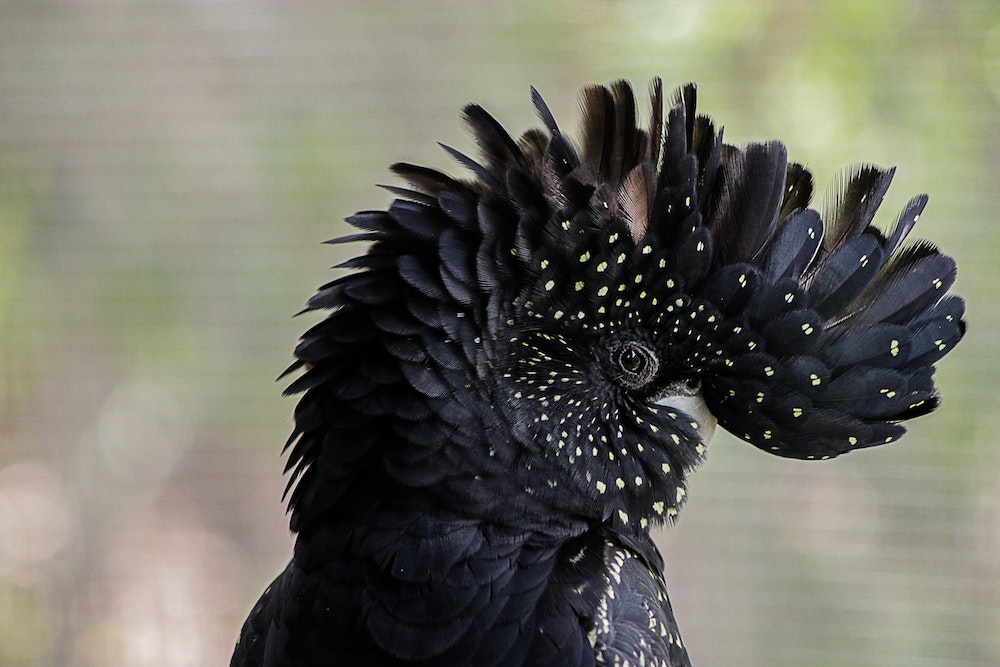
Tempo – Ali Cobby Eckermann
- “sunrise… sunset”:
We have the sun going up and down here, so we could word paint by using sets of notes that rise and then fall. - “days pass… weeks pass… months pass”:
As the poem progresses, the intervals of time get bigger. We could play a melody that gets slower on each repeat, as the time stretches. - “the air cools… winter returns”:
What would the idea of sound ‘cooling down’ sound like? Perhaps we’d use descending notes? Perhaps we’d be slowing down? Perhaps we’d start with lots of notes and gradually cut down until we’re using just a single note?

The Magpies – Denis Glover
- “Quardle oodle ardle wardle doodle“:
This phrase is attempting to capture the sound of the Australian magpie’s call. Can you recreate this sound on your instrument? - “year in year out they worked / while the pines grew overhead”:
Here we’re contrasting the constant work and busy lives of the humans with the slow growth of the trees. Can you find a sound or melody for these contrasting activities?
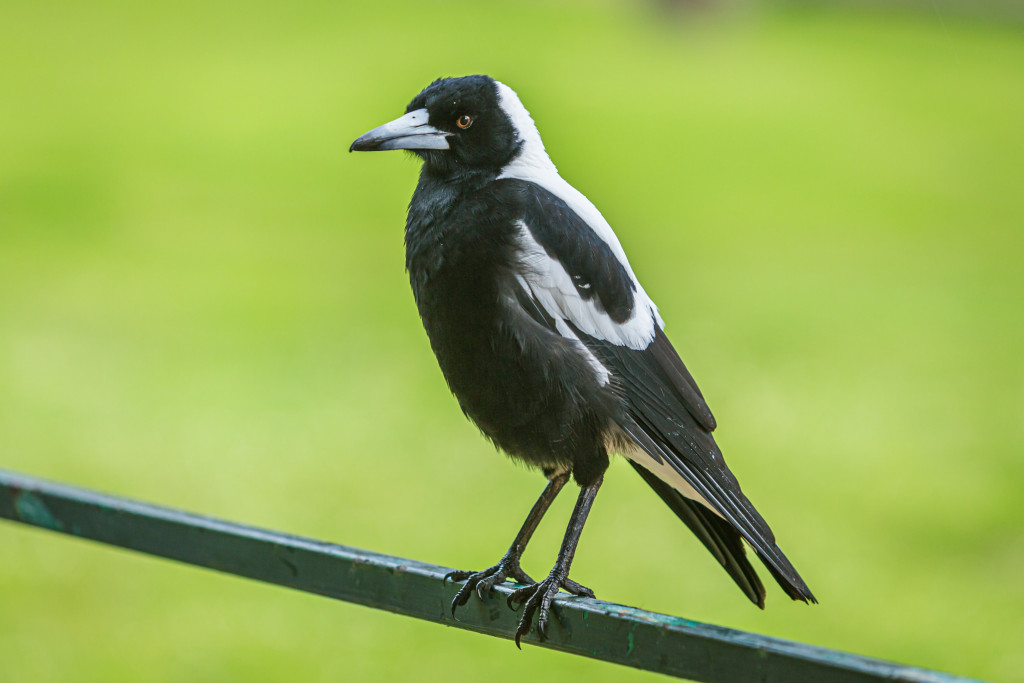
The Night-Ride – Kenneth Slessor
- “water in heavy drips”:
Here we might think about playing with slow, individual sounds with a lot of space inbetween – just like the sound of water dripping. - “their echoes die”:
Echoes could be a very evocative word for us to play with. Could you try playing a fragment of melody, and repeating it in softer versions until it fades away to nothing? - “grey, rushing rivers of bush outside:”
Here the poet is trying to capture the experience of being on a very fast train and seeing the outside world rush by in a blur. We could try to create this musically by playing bursts of fast notes, perhaps slurred or unarticulated so that they begin to blur into each other.
